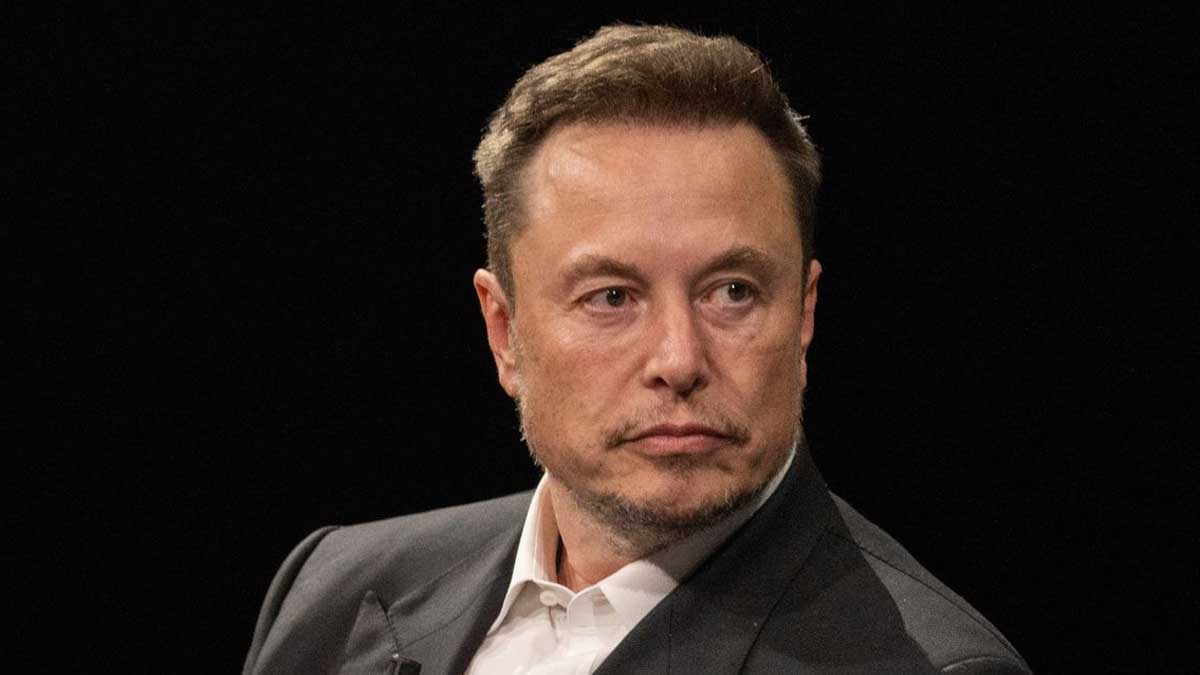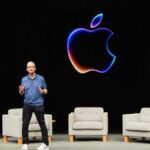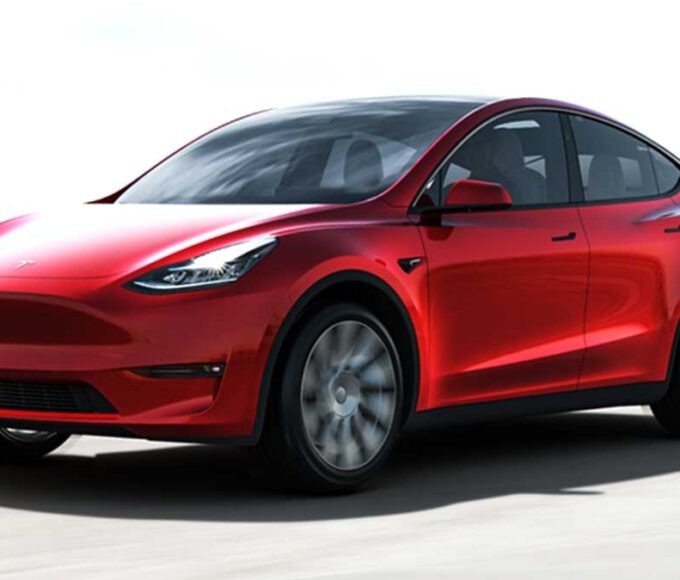- Home
- Billionaires
- Investing Newsletters
- 193CC 1000
- Article Layout 2
- Article Layout 3
- Article Layout 4
- Article Layout 5
- Article Layout 6
- Article Layout 7
- Article Layout 8
- Article Layout 9
- Article Layout 10
- Article Layout 11
- Article Layout 12
- Article Layout 13
- Article Layout 14
- Article Sidebar
- Post Format
- pages
- Archive Layouts
- Post Gallery
- Post Video Background
- Post Review
- Sponsored Post
- Leadership
- Business
- Money
- Small Business
- Innovation
- Shop
Recent Posts
Elon Musk Withdraws Lawsuit Against OpenAI

Tesla CEO Elon Musk has decided to withdraw his lawsuit against OpenAI, which accused the company of breaching its fiduciary duty and deviating from its founding mission. This decision marks the latest development in the ongoing tensions between Musk, the world’s wealthiest person, and the artificial intelligence company he co-founded.
Musk’s lawsuit was withdrawn just one day before a California judge was set to hear OpenAI’s request for dismissal, according to Bloomberg. The lawsuit, which sought a jury trial, alleged that OpenAI was focusing on refining artificial general intelligence to maximize profits for Microsoft, rather than benefiting humanity as originally intended. Musk requested that damages be paid to a non-profit or charity.
Musk’s decision to drop the lawsuit came shortly after he tweeted about the integration of OpenAI’s ChatGPT into iPhones, calling it “an unacceptable security violation.” He threatened to ban Apple devices from his companies if the integration proceeded.
Filed in March, Musk’s lawsuit elicited a public response from OpenAI. The company stated that Musk had initially supported the creation of a for-profit arm to secure necessary funding, a move he later criticized in his lawsuit. OpenAI also revealed that in 2017, Musk wanted to hold majority equity in the for-profit arm and serve as its CEO, but he left the company the following year due to a personal conflict of interest with his role at Tesla.
Musk has been vocal about his concerns regarding OpenAI’s relationship with Microsoft, which has invested over $13 billion into the company. He has alleged that OpenAI prioritizes profits and shareholder interests over AI safety. In February, Musk tweeted that OpenAI had transformed into a “closed-source, maximum-profit company effectively controlled by Microsoft.”
The withdrawal of the lawsuit does not necessarily signify an end to the friction between Musk and OpenAI. It highlights ongoing debates about the ethical and financial implications of artificial intelligence development, especially when it involves substantial corporate investments and potential conflicts of interest.
Musk’s concerns about AI safety and ethical considerations continue to be a significant point of contention, reflecting broader concerns within the tech industry about the direction and control of AI technology.
As tensions persist between Musk and OpenAI, the broader conversation about the role of profit in AI development and the balance between innovation and ethical responsibility remains critical. Musk’s actions and statements underscore the complexities and challenges in navigating these issues within the rapidly evolving landscape of artificial intelligence.
Recent Posts
Categories
- 193cc Digital Assets2
- 5G1
- Aerospace & Defense46
- AI37
- Arts3
- Banking & Insurance11
- Big Data3
- Billionaires449
- Boats & Planes1
- Business328
- Careers13
- Cars & Bikes76
- CEO Network1
- CFO Network17
- CHRO Network1
- CIO Network1
- Cloud10
- CMO Network18
- Commercial Real Estate7
- Consultant1
- Consumer Tech180
- CxO1
- Cybersecurity68
- Dining1
- Diversity, Equity & Inclusion4
- Education7
- Energy8
- Enterprise Tech29
- Events11
- Fintech1
- Food & Drink2
- Franchises1
- Freelance1
- Future Of Work2
- Games141
- GIG1
- Healthcare78
- Hollywood & Entertainment186
- Houses1
- Innovation42
- Investing2
- Investing Newsletters4
- Leadership65
- Lifestyle11
- Manufacturing1
- Markets20
- Media193
- Mobile phone1
- Money13
- Personal Finance2
- Policy567
- Real Estate1
- Research6
- Retail1
- Retirement1
- Small Business1
- SportsMoney33
- Style & Beauty1
- Success Income1
- Taxes2
- Travel10
- Uncategorized8
- Vices1
- Watches & Jewelry2
- world's billionaires418
Related Articles
Tesla Recalls 700,000 Vehicles Over Tire Pressure Issue
Tesla has announced its latest recall of nearly 700,000 vehicles in the...
By 193cc Agency CouncilDecember 20, 2024MicroStrategy Stock Rallies on Nasdaq 100 News
Shares of MicroStrategy surged on Monday following the announcement that the company...
By 193cc Agency CouncilDecember 16, 2024Stanley Recalls Millions of Mugs After Burn Injuries
In a significant recall, Stanley, the well-known brand behind popular stainless steel...
By 193cc Agency CouncilDecember 12, 2024Adobe Shares Drop 12% After Lowering Revenue Outlook
Shares of Adobe experienced a significant drop of over 12% on Thursday,...
By 193cc Agency CouncilDecember 12, 2024















Leave a comment